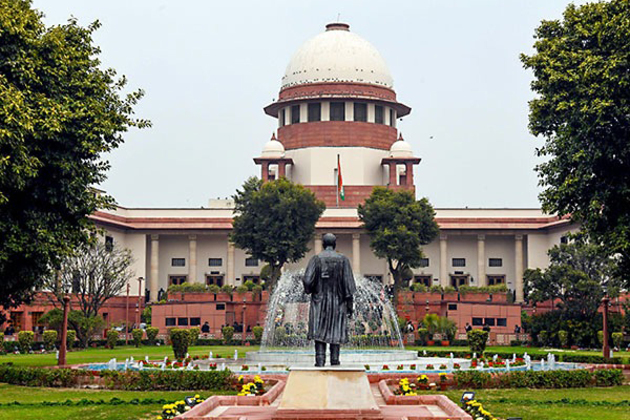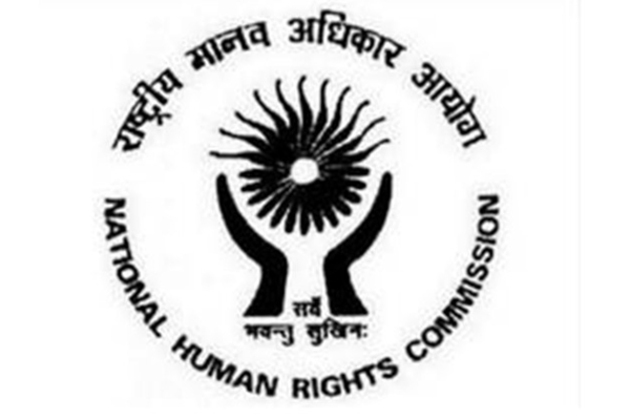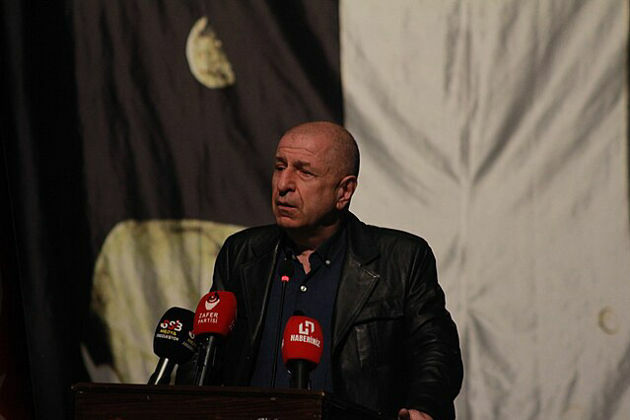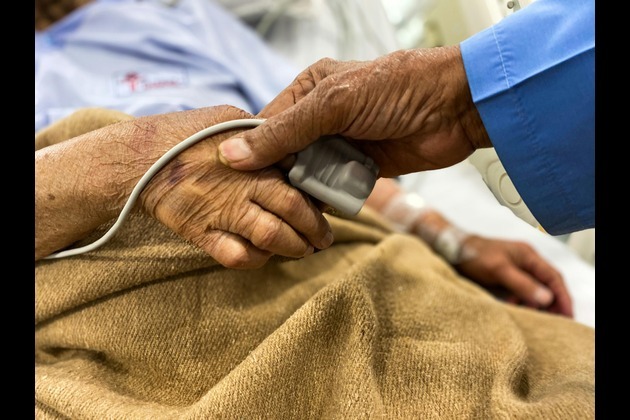Mayflower 400: how the pilgrims coped with separation
The Conversation
18 Sep 2020, 16:12 GMT+10
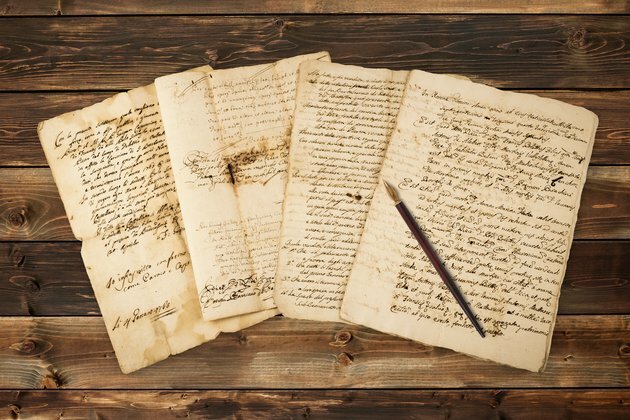
Those who emigrated on the Mayflower in 1620 seeking religious liberty might not have realised the challenges that lay ahead of them. Roaring summer heat and bitter winters were only part of their test. Economic instability, disease and troubling encounters with the native population meant that the early years of the Plymouth colony were tarnished by hardship.
However, it was not only material and environmental adversity that faced the colonists or their friends and families back home. The distance stretching between those who stayed and those who sailed was felt painfully and persistently.
As such, correspondence played a central role in the pilgrims' lives. It sustained friendships and kinship over immense distances. Letters extended social habits of communal worship, sharing spiritual knowledge and advice, and collective prayer that had once been practised in person.
Communal worship
Many of the Mayflower pilgrims had left England long before they set sail for the New World. They had radical religious beliefs and did not agree with the way the Church of England was run.
Looking for religious freedom, they fled to Leiden, the Netherlands. There, many worshipped at the Pieterskerk with their pastor, John Robinson. This group of refugees stayed in Leiden for 12 years. However, Holland was not as tolerant of their religious practices as they liked, and they began to fear the spread of the Thirty Years War that was overwhelming much of Europe.
In 1620, many of the group set sail again, this time for the New World. By then, they were a close community, and in 1625 those that had stayed behind expressed their grief that, "[they were] constrained to live disunited each from other, especially considering our affections each unto other".
Puritans were intensely sociable in their worship. They believed that they belonged to a society of God's saints. These were radical Protestants.
They had come together as minority groups in the face of criticism and ridicule from those around them. The name "puritan" was originally an insult, made by mocking neighbours poking fun at their intensely pious nature. With the sailing of the Mayflower, the separation of their close communities meant the disruption of the religious practices that defined them, particularly their emphasis on collective worship.
The Bible was a vital text for puritans and they felt strongly that they should study it together as often as they did privately. They did so constantly searching to learn more of God's intentions for them.
In a practice called "gadding", many puritans would travel to hear sermons given by ministers who believed the same things as themselves, since not everyone had access to a puritan preacher in their home parish or town. When unable to travel, they counselled each other. This happened in person where possible, but also in correspondence due to networks spread across Great Britain and the Netherlands.
Getting word across oceans
Puritan friendships were spiritual and social, and communion between friends provided emotional and material support. Their dispersal across England and the Netherlands made letter writing essential, even before emigration to the New World.
But these distances proved little in comparison to the Atlantic Ocean. With the prospect of a long term or permanent separation, puritans relied on their letters with increased urgency. Writing to her brother in law John Winthrop in 1629, Priscilla Fones expressed her fear at his impending departure:
Correspondence provided the Leiden pastor John Robinson with a space to reassert his ties with his former congregants. In 1621, he wrote that "neither the distance of place nor distinction of body, can at all either dissolve or weaken that bond" between them. He vowed to maintain their spiritual connection with prayer and passed on well wishes from the wives and children of the emigrants, and others of the congregation who had stayed behind in Leiden.
Transatlantic correspondence came with many problems. Ships had to be available to carry these letters, while the journey was slow and the passage unreliable. Roger White, a citizen of Leiden, wrote to the pilgrims in 1625, lamenting that "I know not whether ever this will come to your hands, or miscarry, as other of my letters have done".
Exercising caution, in 1630 John Winthrop, a leading figure among the Puritan founders of New England, sent news to his wife across two letters and sent it on different ships. These fears were not misplaced. News came to Massachusetts in 1633 that some other letters recently received in England had been washed "white and clean with saltwater" after the ship carrying them was wrecked.
The Mayflower pilgrims and those that later settled in other parts of New England were supported by their letters. They relied on them for the endurance of their friendships, and the lifting of their spirits. Words set in ink provided emotional support; letters were kept, stored, read and reread to bring absent loved ones to heart and mind.
Waiting aboard the Arbella at Southampton, on the eve of his departure for the new world, John Winthrop wrote to his wife. He told her that he often re-read her letters with "much delight", although he found that he could not "read them without tears". More than just words on a page, letters were an emotional and spiritual lifeline. Correspondence brought people together in familiar patterns of worship, despite their great distances.
Author: Sarah Hall - Postdoctoral Researcher in Early Modern Transatlantic History, University of York 
 Share
Share
 Tweet
Tweet
 Share
Share
 Flip
Flip
 Email
Email
Watch latest videos
Subscribe and Follow
Get a daily dose of Mexico Star news through our daily email, its complimentary and keeps you fully up to date with world and business news as well.
News RELEASES
Publish news of your business, community or sports group, personnel appointments, major event and more by submitting a news release to Mexico Star.
More InformationLifestyle
SectionLawyer moves Supreme Court seeking suspension of Air India Boeing fleet
New Delhi [India], June 24 (ANI): A Public Interest Litigation plea has been filed in the Supreme Court seeking an interim suspension...
Israel says it agreed to Trump's proposal for bilateral ceasefire, vows to "respond forcefully" to any violation
Tel Aviv [Israel], June 24 (ANI): Israel on Tuesday announced that it has agreed to US President Donald Trump's proposal for a bilateral...
Volunteer photographer preserves elderly memories
SHANGHAI, June 24 (Xinhua) -- Sunlight filtered through an old wooden window, catching the silver wisps of an elderly woman's hair...
NHRC takes suo moto cognisance of toxic gas incident at Andhra Pradesh pharma plant, seeks report
New Delhi [India], June 24 (ANI): The National Human Rights Commission (NHRC) of India has taken suo moto cognisance of media reports...
Radisson Blu Greater Noida Successfully Hosted the 6th Annual Cyclothon "Pedal For Tomorrow"
SMPL New Delhi [India], June 24: Radisson Blu Greater Noida successfully hosted the 6th Annual Cyclothon, titled 'Pedal For Tomorrow,'...
Assam government to organise health camps in all constituencies
Guwahati (Assam) [India], June 24 (ANI): The Assam government has planned to organise health camps in each constituency from October...
International
SectionTrump goes on social media to announce Israel-Iran ceaeefire
WASHINGTON DC, - U.S. President Donald Trump has claimed a ceasefire has been reached between Israel and Iran. He made the claim on...
Confused bot named Alyssia replaces human response on Iranian phones
DUBAI, U.A.E.: British Iranians living in the U.K. are taken aback when they try to reach their families in Tehran on the phone and...
Brazil’s ex-president accused of leading illegal spy operation
BRASILIA, Brazil: Former Brazilian President Jair Bolsonaro is accused of playing a key role in an illegal surveillance operation orchestrated...
Critics say Özdağ case aims to silence Erdogan opponents
ANKARA, Turkey: A Turkish far-right politician went on trial Wednesday, facing charges of inciting public hatred—an episode critics...
Assisted dying bill clears key hurdle in UK Parliament
LONDON, U.K.: In a landmark moment for Britain, lawmakers in the House of Commons have voted in favour of legalising assisted dying,...
International law no longer a priority among Western leaders
Western support for Israel's right to strike Iran backs up a pattern of pre-emptive violence that critics say is further eroding international...

